14, October 2022
CPDM Crime Syndicate: ELECAM wants huge ID card backlog cleared ahead of polls 0
The chairman of Cameroon’s election management body (ELECAM), Abrams Enow Egbe, recently held talks with the delegate general for national security, Martin Mbarga Nguele, on clearing the many blockages that stand in the way of digital ID card issuance in the country.
The national identity card is a compulsory ID credential for those of voting age to participate in the electoral process in Cameroon, but obtaining the ID in the Central African nation has become a nightmare for millions, with many waiting up to two years to get the credential.
The talks, which took place 10 October, were part of a series of consultation meetings that ELECAM has held with different stakeholders in past weeks with the aim of gathering opinions and suggestions on how to better organize the next cycle of elections coming up between 2023 and 2025.
Cameroon has national assembly and presidential elections in 2025, but before then, in 2023, a new senate has to be voted in.
Enow Egbe told reporters that apart from discussing how the ID issuing authority (known by the abbreviation DGSN) can clear the backlog of ID card applications, it is important for Cameroonians who have not withdrawn their cards from police stations to visit such stations to check whether their credentials are already available for collection. People apply for the document at their closest police station accredited within the scheme and then collect the finished card there.
“The main focus of our discussion was on the obtention of the national identity card. Many Cameroonians are complaining that they are unable to obtain their cards. We got clear and precise information from the delegate general who assured us that all will be done for citizens to get the national ID card,” said Enow Egbe.
“However, we want to inform Cameroonians to first go and check out their ID cards from the different police stations where they applied for them. There are many of the cards abandoned there. They have to collect them because they need it to register for elections.”
It is worth mentioning that the national identity card is crucial at two major stages of the electoral process in Cameroon. It is a requirement at the time of enrolling on the electoral register, and then for identity verification at the time of voting at polling stations. Cameroon does not yet use biometrics for voter verification.
The call by ELECAM for the DGSN to rush ID production has been hailed as necessary as it comes at a time when problems with delivery of the cards in the country have reached strange and disturbing proportions.
Recently, many citizens have been expressing their frustration with the process, asking why previously-announced plans to overhaul the current ID system have stalled.
There have also been testimonies in local media, seen by Biometric Update, from citizens confessing to paying bribes from between XAF50,000 (US$74) to XAF 500,000 (US$740) to obtain the document within a few days.
Source: Biometric Update
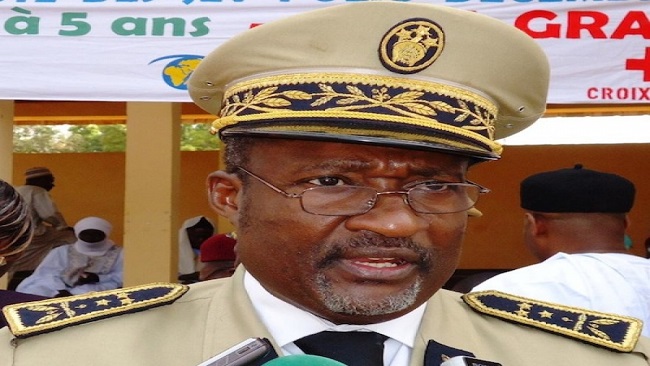

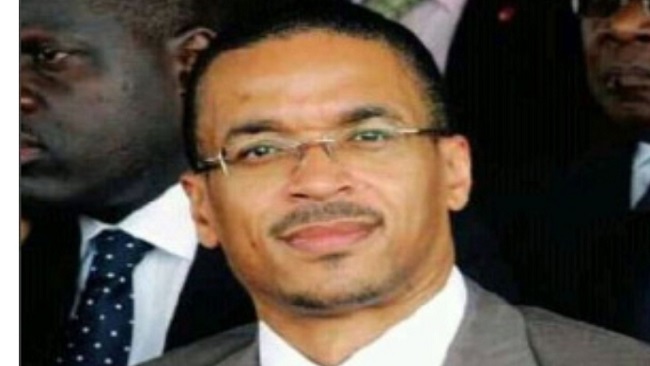
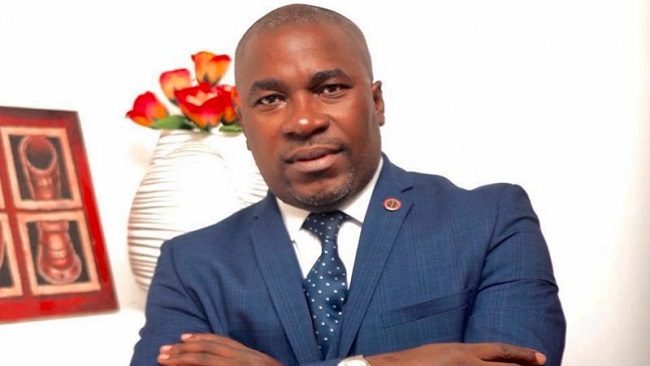

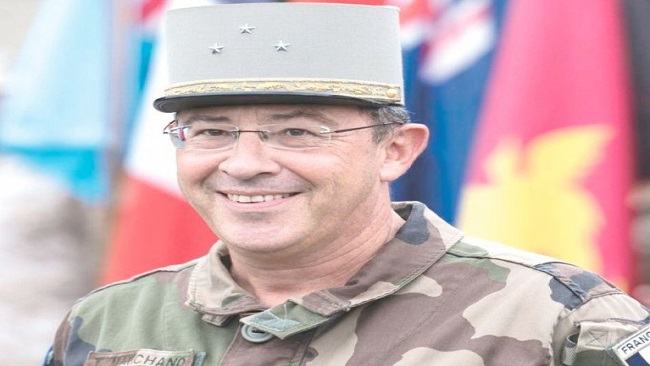
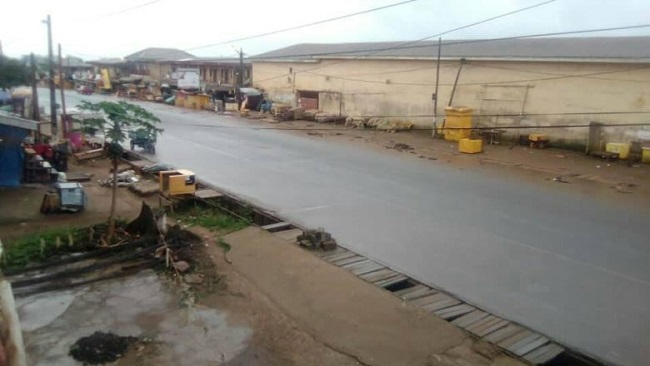
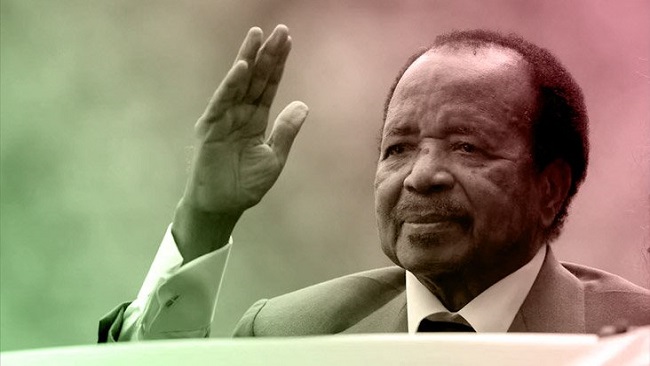
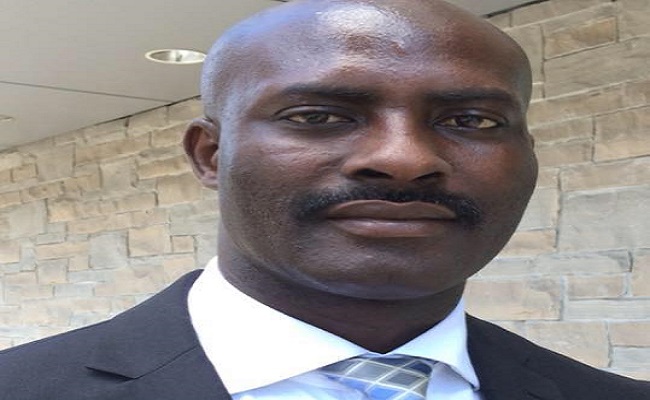


















19, October 2022
Southern Cameroons Crisis: Separatists agree to continue talking! 0
Separatist leaders flown into Canada from Nigeria to attend the Canada talks have agreed to continue talking with other faction leaders in order to give peace a chance.
Some three fighters who obtained their visas from the Canadian embassy in Abuja said they had been mandated by the fighters on Ground Zero to represent them at the talks which recently ended in Canada.
Asked if they had been bought over by the government of Cameroon, the separatist leader who spoke to Cameroon Concord News correspondent, Chi Prudence Asong, on condition of anonymity, said that he and his colleagues had not received any assistance from the Yaoundé government.
He added that their visa process had been facilitated by the talks organizers, stressing that he and his fellow fighters were returning to Nigeria and then to Southern Cameroons to update their colleagues on the ground on the way forward.
He said their bills including air tickets, visa fees and per diem were taken care of by talk organizers who had contacted them months before.
As to why some other factions were not represented, the separatist fighter stressed that those invited to the talks were people who hold that talking with other factions was the way forward.
He said Sako Ikome and Chris Anu had not been invited because they did not really represent anybody.
“Chris Anu only represents himself. He has recently been installed as the chairman of an IG faction which has no following. He has ruined his reputation and nobody in the international community has confidence in him. He has stolen lots of money and he now spends most of his time dancing and enjoying himself in the USA,” the fighter pointed out.
“For Sako Ikome, it is clear that his ambition is to keep power and not to unite the people of Southern Cameroons. His name keeps popping up wherever there are issues of embezzlement and this is hurting our cause. A true leader should be above all of those little accusations. Many young men and women have lost their lives because of this struggle and it is indeed shameful that those who have been working hard to grab power from Sisiku Julius Ayuk Tabe have been doing so just to steal much-needed resources,” he added.
“We cannot continue to project such people as our leaders when they cannot live up to our expectations. Julius Ayuk Tabe remains our leader and we hold that talking with leaders of other factions could result in the liberation of many of our people who have been held in jails in East Cameroon for a long time,” he pointed out.
“We want Julius Ayuk Tabe and his colleagues to be liberated. They were our best leaders. The government of Yaoundé had its representatives at the talks and some participants argued that freeing Sisiku Julius Ayuk Tabe and his close collaborators would be the first step towards sustainable and meaningful peace,” the angry fighter pointed out.
“We have been told that there will be more talks and that the just-ended talks were designed to serve as the first in a series of negotiations which are expected to lead to a peaceful settlement,” he said.
“Though no concrete agreements were reached, it is becoming clear that most Southern Cameroonians are gradually accepting that a federal system will bring peace to our country. I have seen the way Canada is developed and organized and I think a federal administration based on the Canadian system may help address most issues plaguing Cameroon,” he said.
“We are looking forward to further talks which will help to end the bloodshed. We have lost many young men and we are out of financial resources to continue fighting. Ever since Sako and Chris Anu made the embezzlement of resources their main goal of being involved in the struggle, things have not been the same. We need huge amounts of money to turn things around. But this cannot happen when Sako and Chris Anu are permanently at each other’s throat,” he pointed out.
“I am heading back to Nigeria satisfied that it is possible to bring about peace in Cameroon through negotiations. This is my first time of leaving Africa and I must say that peace is vital for political and economic development efforts to be sustainable,” he pointed out.
“We must continue to talk though while keeping Yaoundé troops at bay. They have killed our people, raped our women, but fighting forever will not address the issues. We must make peace but we must not throw ourselves into the hands of the enemy. The Yaoundé government cannot be trusted but if we work with international actors, we will be able to come up with a peace plan which will make it easy for us to live in peace with our brothers east of the Mungo,” he concluded.
By Soter Tarh Agbaw-Ebai